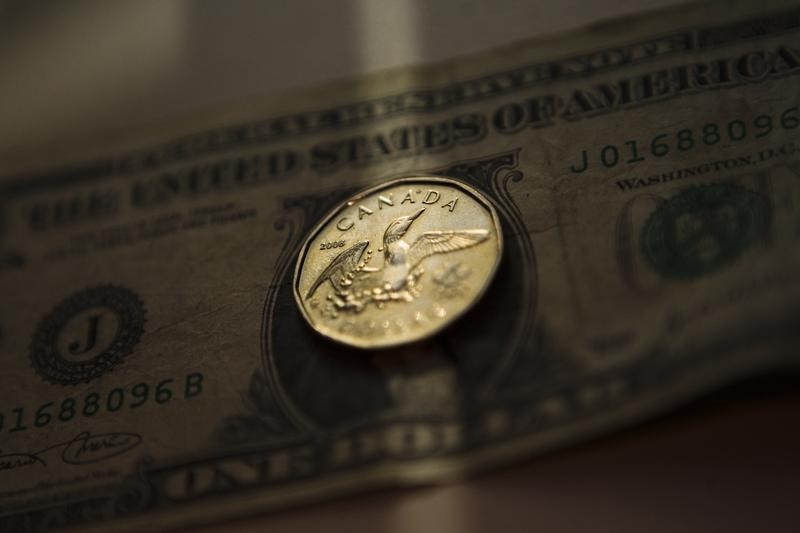Investing.com - The Canadian dollar fell to two-month lows against its U.S. counterpart on Wednesday after robust U.S. private sector hiring data bolstered optimism over the health of the labor market ahead of Friday’s government jobs report.
USD/CAD highs of 1.3470, the most since December 30 and was at 1.3458 by 09.24 ET.
Payroll processor ADP reported that the U.S. private sector added 298,000 jobs in February, well above forecasts for an increase of 190,000. It was the largest increase in private sector hiring since March 2006.
January’s figure was revised up to show an increase of 261,000 jobs, from a previously reported increase of 246,000.
Investors were looking ahead to Friday’s government employment report for February, where a strong reading would cement expectations for a rate hike from the Federal Reserve next week.
A rate increase at the Fed’s March 14-15 meeting is seen as a near certainty following recent hawkish comments by Fed policymakers, including Chair Janet Yellen.
Futures traders are pricing in around an 86% chance of a hike at next week’s meeting, according to Investing.com’s Fed Rate Monitor Tool.
The loonie, as the Canadian dollar is known, was also pressured lower by weaker prices for oil, a major Canadian export.
Oil prices fell after an industry report pointed to a large rise in crude inventories in the U.S., renewing oversupply concerns despite output curbs by major producers.
In Canada, data on Wednesday showed that the value of building permits issued in January grew by 5.4% after two straight months of declines.
A separate report showed that the labor productivity of Canadian businesses increased by 0.4% in the fourth quarter as the number of hours worked edged up after two consecutive monthly falls.
